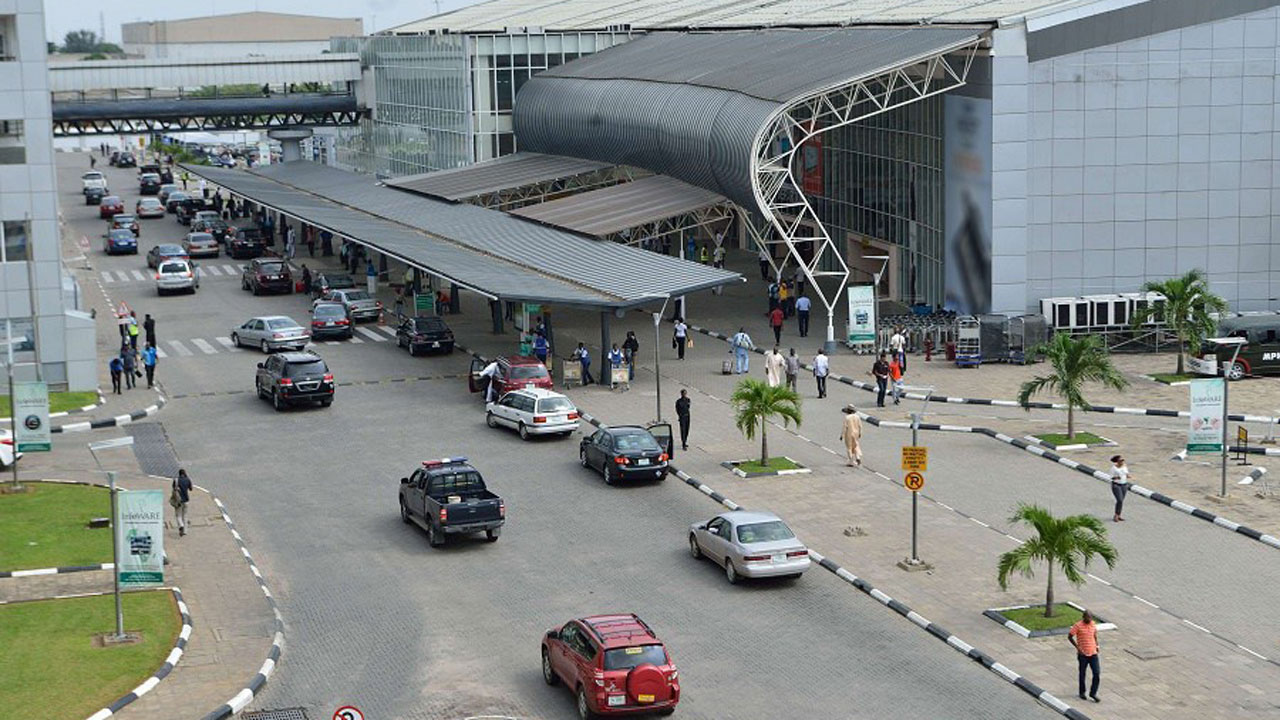-

-
Wikirise.com Advertise with Us HereStats: 4,783 members, 41,616 Posts
Number of Comments : 2,630
Date: Sunday, 22nd December 2024
Local airlines reschedule, cancel 70 flights over MMA2 picketing
By Essang Michael - November 5, 2022 | Categories: Business Tags: Travel
Share this post:

Local airlines are still reeling from the disruption of flight operations in Lagos on Tuesday, describing the action as ‘aggressive’ unionism that is most unhealthy for the distressed industry.
Following the face-off that lasted 24 hours, operators had over 70 flights disrupted across the nationwide network, with attendant losses of revenue.
While they acknowledged the place of the union’s agitation to push for interests, affected operators said blanket picketing of common-user facilities is economic sabotage and excessively injurious to the entire sector.
Domestic flight operations were disrupted in Lagos as aviation union members picketed Murtala Muhammed Airport Terminal II (MMA2), operated by Bi-Courtney Aviation Services Limited (BASL).
The aviation workers’ union, under the aegis of the Air Transport Services Senior Staff Association of Nigeria (ATSSSAN), had issued Bi-Courtney a seven-day ultimatum to reverse the sack of 34 members and three others or face industrial action. The unionists said the mass sack of union members was the victimisation of comrades that were pressing for the implementation of the Condition of Service (CoS).
Though the facility has since reopened, Bi-Courtney described the clampdown as an illegal and alleged violation of industrial court orders and national laws.
The Guardian learnt that Ibom Air, Azman, United Nigeria Airline (UNA) and Max Air which currently use the facility had over 70 flights disrupted.
Chief Executive Officer of Ibom Air, George Uriesi, confirmed that 31 scheduled flights of the airline were affected, coupled with losses in millions.
Uriesi, like other operators, explained that 98 per cent of the day’s flights were either originating, terminating or linked to an originating flight from Lagos.
“This meant that we disrupted the programmes of approximately 1,900 paid-up passengers. Only God knows how to fully quantify this in not just economic, but also trauma terms,” he said.
Uriesi noted the airline had made a lot of catering orders, paid for and delivered for flights but all got wasted.
“We were forced to reschedule at least 1,000 already booked and confirmed passengers on other flights from Wednesday, costing us heavily in lost revenue, having to remove seats from sales inventory, and wasted man hours, while placing severe and unnecessary pressure on the system. We also had to organise at a considerable additional cost, not to mention the huge inconvenience to operate in and out of the General Aviation Terminal (GAT).
“It was a largely unproductive day. This is something the industry can hardly afford at this critical time! It is the sort of very bad day that I hope we never see again as an industry.
“More than that, it amounted to another net loss of image for our local industry, which keeps on being chipped away at, both domestically and internationally. We cannot and should not just keep on dusting these things off and carrying on as if nothing untoward happened. We need to change direction. We need to find a way to shed our old skin and move forward,” Uriesi said.
The Chief Operating Officer of another airline also confirmed that they had 25 flights affected, with only 10 salvaged by relocating operations to the GAT facility.
He noted that by 12noon (on Tuesday) it dawned on them that the entire day was going down to waste, hence the decision to seek space at the GAT.
“At the end of the day, we were only able to operate 10 flights till midnight. My question is, who pays for all the fights rescheduled and cancelled? The protesting union got their wishes and their sacked members were reabsorbed. They won. What of the customers that were not allowed to keep important appointments and airlines that lost huge revenue?
“It is only in Nigerian aviation that unions will wake up one day and shut down airlines and terminals without any prior notice. Yet, these workers still depend on these airlines to pay them at the end of the month.
“I expect the Nigerian Civil Aviation Authority (NCAA) and other authorities to call them to order because it is an economic crime against the general public, the airline, with serious implications for safety. It is not the first time they are getting this aggressive, but it should never happen in all seriousness. Their blind actions are more damaging to the industry. If they cannot be part of the solution, let them stop being a problem,” he said.